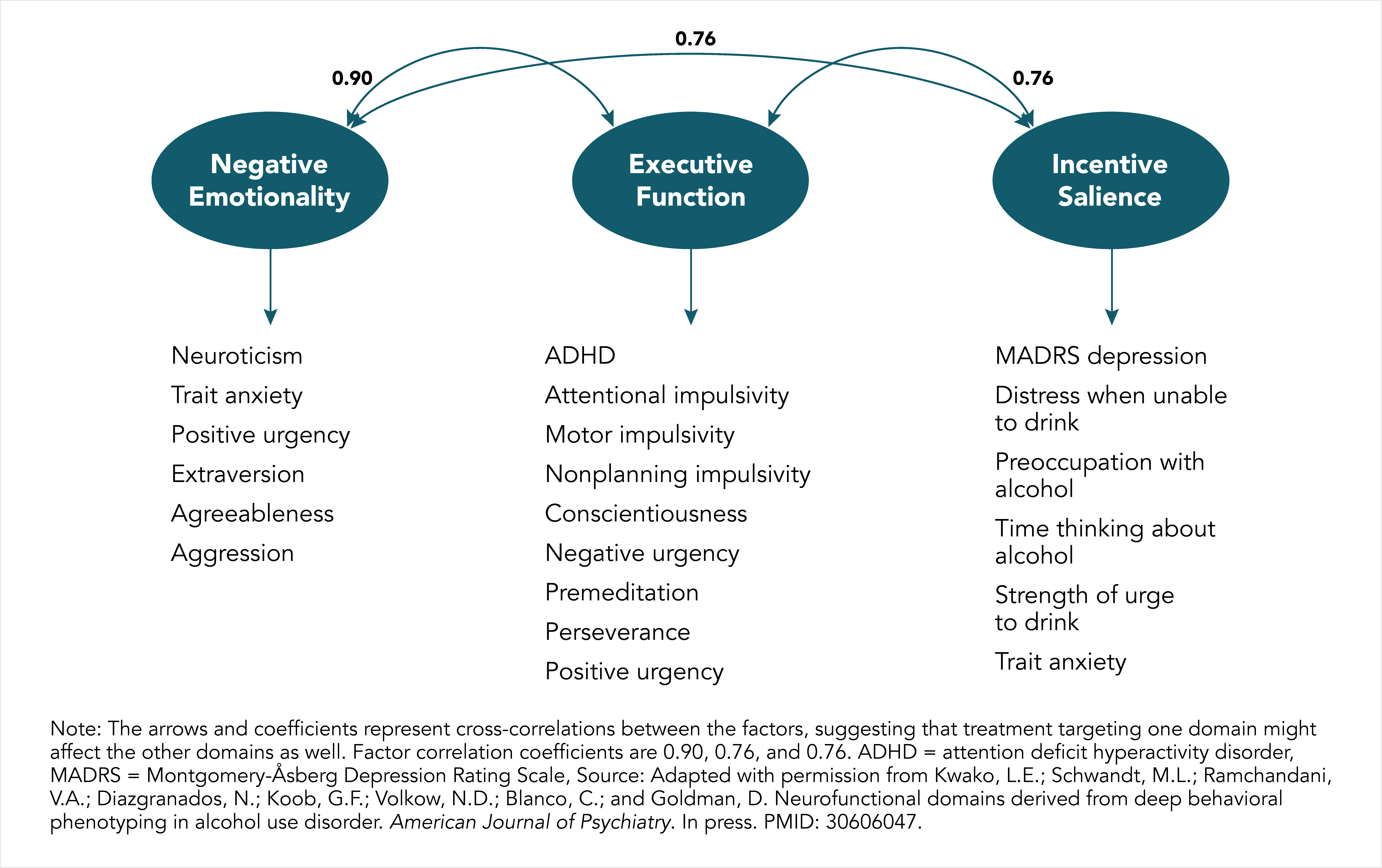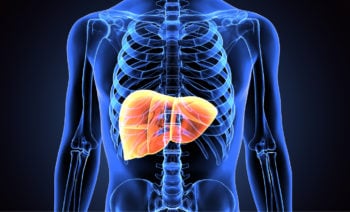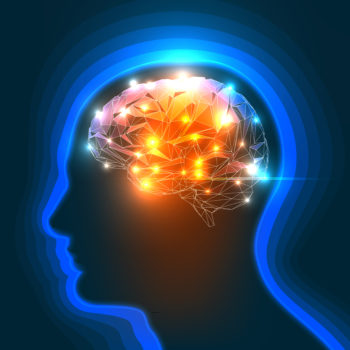Reduction in Drinking Associated with Improvements in Health and Quality of Life
In clinical trials for alcohol use disorder (AUD), abstinence and no heavy drinking days are currently the only end points approved by the U.S. Food and Drug Administration. However, many individuals who do not achieve these end points may still reduce their drinking to less harmful levels during treatment. A recent study published in Alcoholism: … Read more




